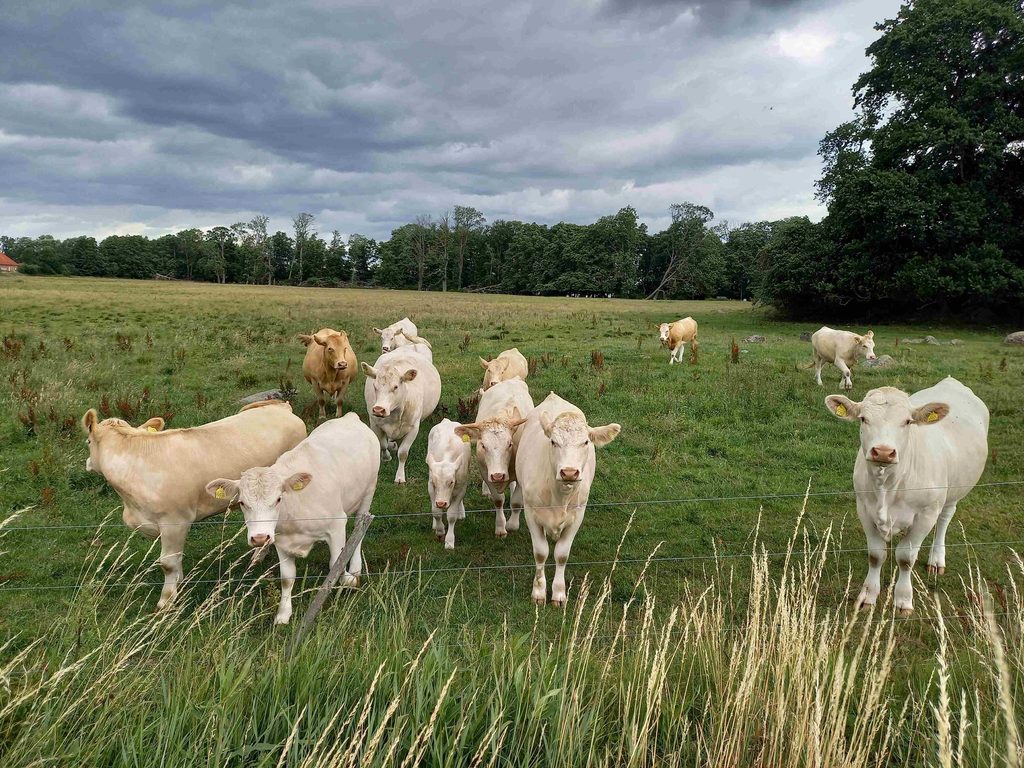The Parliament voted on Tuesday to exclude cattle farming from the scope of the Industrial Emissions Directive (IED) and to maintain the current thresholds of livestock units for pigs and poultry in the directive.
The decision was taken by 396 votes in favour, 102 against and 131 abstentions. It follows a previous vote in the parliamentary committee on Environment, Public Health and Food Safety (ENVI) which included cattle farms with 300 life stock units (LSU) or more.
By totally excluding cattle farming, the parliament went against the European Commission’s proposal. The Commission had originally proposed a threshold of 150 LSU for all livestock.
As previously reported, there is an urgent need to reduce emissions of methane in agriculture as part of the global greenhouse-gas emissions to meet the overriding goal of limiting global warming to 1.5C in time.
The Commission has stated that by increasing the scope of the IED to cattle farming and lowering the threshold for farms to be included under the directive, the IED would be able to address 43% of methane emissions from the livestock sector. The negotiating position decided by the Council in March lowered the ambition to include only 3% of cattle farms.
MEPs backed the Commission proposal to extend the IED to extractive industry installations (mines) and large installations manufacturing batteries (except for those exclusively assembling battery modules and battery packs). The directive obliges them to further reduce air, water and soil pollution.
MEPs also voted to increase transparency and public participation in relation to the licensing, operation and control of regulated installations. European citizens will have access to data on all EU permits and local polluting activities on the EU Industrial Emissions Portal. Whether that will also include cattle farms is not clear.
“Better environmental protection does not need to lead to more bureaucracy”, commented rapporteur Radan Kanev (EPP, Bulgaria). “EU policy must be realistic, economically feasible, and not threaten competitiveness.”
Animal welfare NGOs were disappointed with the vote. “The European Parliament has decided today to deliver one of the most disappointing and least ambitious initiatives of this term,” commented Miguel Ángel Zhan Dai, Climate Policy Officer at FOUR PAWS.
“It has decided to prioritize the interest of a few, the most polluting few, above the protection of biodiversity, animal welfare and public health. The EU will not meet its commitments under the EU Green Deal nor the Global Methane Pledge if it continues to give a free pass to a sector that is accountable for 53% of EU methane emissions and 67% of EU ammonia emissions.”
Compassion in World Farming blamed the agriculture lobby for having pressured MEPs to exclude cattle farms and many big pig and poultry farms from complying with EU emission rules.
“The Parliament proved the least progressive of the three main EU institutions, bowing down to industry lobbies,” commented Olga Kikou, Head of Compassion in World Farming EU. “Even the European Commission and ministers had set more ambitious targets. MEPs chose to ignore the overwhelming scientific evidence on the need to cut methane emissions.”
Next step in the legislative process are negotiations between the Parliament, Council and the Commission to find common ground between the EU institutions and finalise the directive.
M. Apelblat
The Brussels Times

